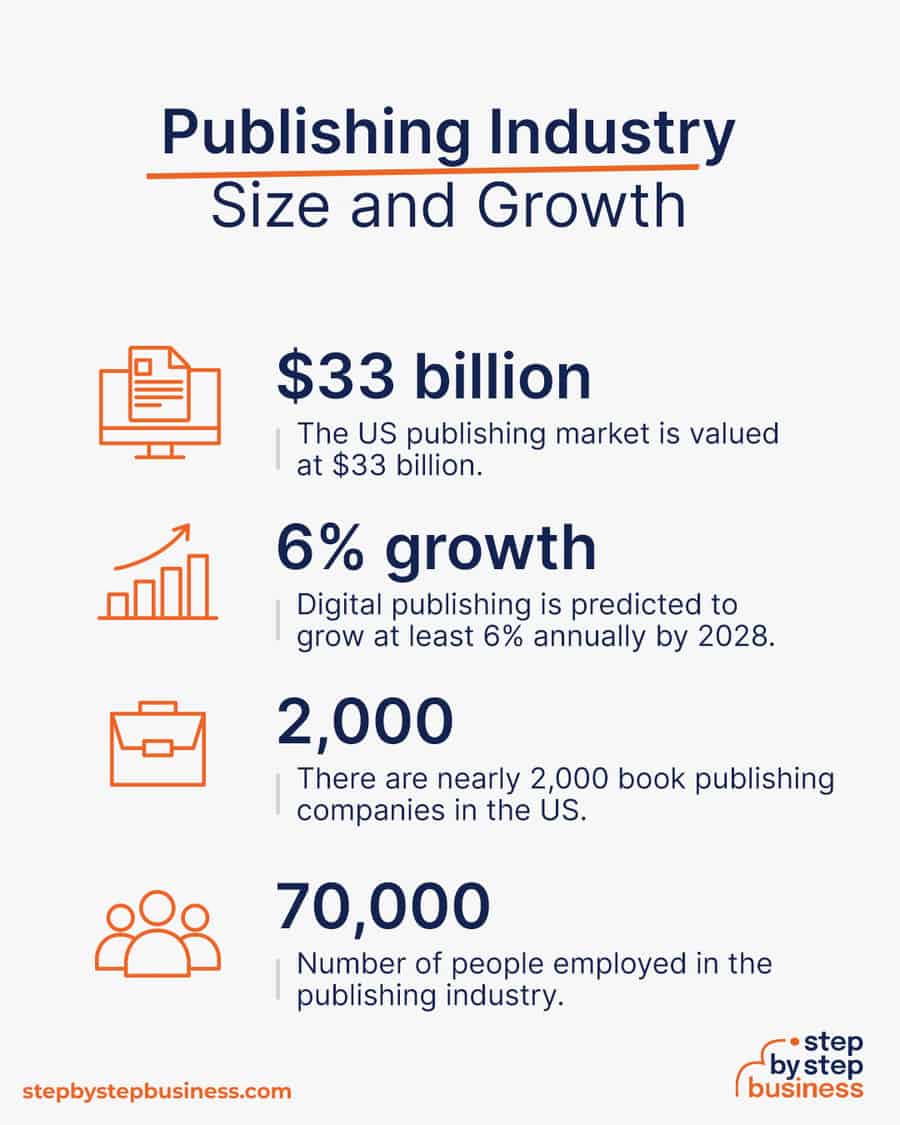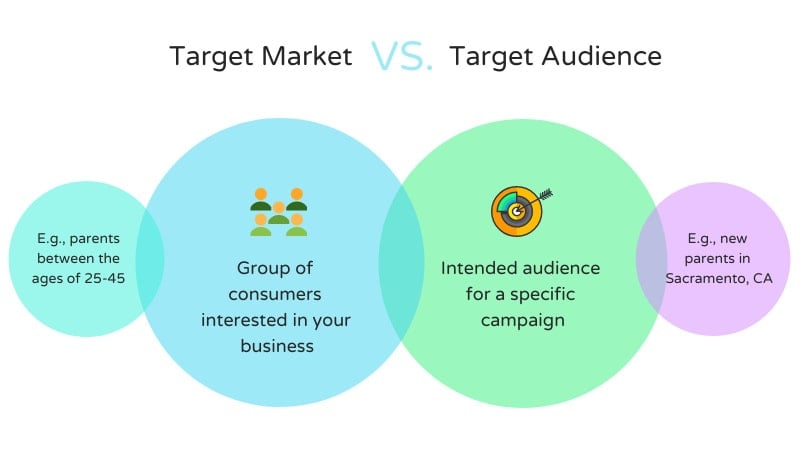Laying the Foundation: Understanding the Publishing Industry
The publishing industry is a complex and multifaceted sector that has undergone significant changes in recent years. With the rise of digital technology, the way books are produced, distributed, and consumed has been transformed. To successfully navigate this landscape and build a publishing company from scratch, it is essential to have a deep understanding of the industry’s current trends, opportunities, and challenges.
One of the key trends in the publishing industry is the shift towards digital publishing. With the proliferation of e-books and online platforms, authors and publishers can now reach a global audience with ease. However, this shift has also created new challenges, such as the need to adapt to changing consumer behavior and the rise of new competitors.
Another important trend is the increasing focus on niche markets and specialized genres. With the rise of online communities and social media, authors and publishers can now target specific audiences with tailored content. This has created new opportunities for publishers to build a loyal following and establish themselves as experts in their field.
Despite these opportunities, the publishing industry is also facing significant challenges. One of the biggest challenges is the decline of traditional publishing models, which has led to a shift towards self-publishing and hybrid models. This has created new opportunities for authors, but also raises questions about the role of traditional publishers and the future of the industry.
To build a successful publishing company, it is essential to understand these trends and challenges. This requires a deep understanding of the industry, its history, and its current landscape. By doing so, publishers can develop a clear vision and strategy for their company, and make informed decisions about the types of books to publish, the audiences to target, and the marketing strategies to employ.
By understanding the publishing industry and its complexities, publishers can also identify opportunities to innovate and differentiate themselves from competitors. This might involve experimenting with new formats, such as interactive e-books or audiobooks, or developing new business models, such as subscription-based services or crowdfunding platforms.
Ultimately, building a successful publishing company requires a combination of industry knowledge, creativity, and innovation. By understanding the publishing industry and its trends, challenges, and opportunities, publishers can develop a clear vision and strategy for their company, and make informed decisions about how to succeed in this complex and rapidly changing landscape.
Defining Your Niche: Identifying Your Target Market
When it comes to building a successful publishing company, identifying a specific niche or target market is crucial. This involves understanding the types of books that resonate with your target audience and creating content that meets their needs and interests. By focusing on a specific niche, you can differentiate your company from larger, more general publishing houses and establish a loyal following.
For example, a publishing company that specializes in science fiction and fantasy books can build a reputation as a go-to destination for fans of these genres. This can lead to a loyal following of readers who are eager to discover new authors and titles. Similarly, a publishing company that focuses on children’s books can establish relationships with schools and libraries, and become a trusted source for educational materials.
Some successful publishing companies that have focused on specific niches include Penguin Random House’s Dial Books for Young Readers, which specializes in children’s books, and Tor Books, which focuses on science fiction and fantasy. These companies have built a reputation for publishing high-quality books that resonate with their target audience, and have established themselves as leaders in their respective niches.
To identify your target market, you’ll need to conduct market research and analyze the competition. This involves understanding the types of books that are currently popular, as well as the demographics and interests of your target audience. You can use online tools such as Amazon Kindle Spy or Google Trends to research popular books and genres, and social media platforms like Facebook and Twitter to understand the interests and preferences of your target audience.
Once you’ve identified your target market, you can begin to develop a content strategy that meets their needs and interests. This may involve creating a series of books that cater to a specific genre or demographic, or developing a marketing campaign that targets your audience through social media and online advertising.
By focusing on a specific niche and creating content that resonates with your target audience, you can build a successful publishing company that establishes a loyal following and generates revenue. Remember to stay focused on your target market and continually adapt to changes in the industry to ensure long-term success.
In the context of how to make a publishing company, identifying your target market is a critical step in building a successful business. By understanding your audience and creating content that meets their needs, you can establish a loyal following and generate revenue. This, in turn, can help you to build a successful publishing company that achieves your goals and objectives.
Developing a Business Plan: Outlining Your Goals and Objectives
A comprehensive business plan is essential for any publishing company, as it outlines the company’s goals, objectives, and strategies for achieving success. When learning how to make a publishing company, it’s crucial to understand the importance of a well-crafted business plan. This document will serve as a roadmap for your company, guiding your decision-making and helping you stay focused on your goals.
A business plan typically consists of several key elements, including a market analysis, financial projections, and marketing strategies. The market analysis should provide an overview of the publishing industry, including trends, competitors, and target audiences. This information will help you understand the landscape of the industry and identify opportunities for your company to succeed.
Financial projections are also a critical component of a business plan. This section should outline your company’s projected income and expenses, as well as your plans for managing cash flow and securing funding. By creating a detailed financial plan, you can ensure that your company is financially stable and well-positioned for growth.
Marketing strategies are another essential element of a business plan. This section should outline your company’s plans for reaching and engaging with your target audience, including social media, advertising, and publicity. By developing a comprehensive marketing strategy, you can increase your company’s visibility and attract new customers.
When developing a business plan, it’s essential to be realistic and flexible. Your plan should be based on thorough research and analysis, and should take into account the unique challenges and opportunities of the publishing industry. By creating a well-crafted business plan, you can set your company up for success and achieve your goals in the competitive world of publishing.
In addition to the key elements mentioned above, a business plan should also include a company description, mission statement, and management team bios. This information will provide a comprehensive overview of your company and its goals, and will help you establish a strong foundation for success.
By following these guidelines and creating a comprehensive business plan, you can set your publishing company up for success and achieve your goals in the competitive world of publishing. Remember to regularly review and update your plan to ensure that it remains relevant and effective.
When learning how to make a publishing company, it’s essential to understand the importance of a well-crafted business plan. By creating a comprehensive plan, you can set your company up for success and achieve your goals in the competitive world of publishing.
Registering Your Business: Obtaining Licenses and Permits
Registering your publishing company is a crucial step in establishing a legitimate business. When learning how to make a publishing company, it’s essential to understand the importance of obtaining necessary licenses and permits. This process may vary depending on your location, so it’s crucial to research the specific requirements for your area.
To register your publishing company, you’ll need to choose a business name and check if it’s available. You can use the United States Patent and Trademark Office’s (USPTO) database to search for existing trademarks. Once you’ve selected a name, you can register it with your state’s Secretary of State office.
Next, you’ll need to obtain any necessary licenses and permits. These may include a sales tax permit, employer identification number (EIN), and business license. You can obtain these licenses and permits through your state’s government website or by contacting your local business development center.
In addition to licenses and permits, you may also need to register for taxes. This includes obtaining an EIN and registering for state and federal taxes. You can use the IRS website to register for federal taxes and your state’s government website to register for state taxes.
Registering your publishing company provides several benefits, including legitimacy, tax benefits, and protection from liability. By registering your business, you can establish a professional reputation and build trust with authors, agents, and other industry professionals.
When registering your publishing company, it’s essential to keep accurate records and maintain compliance with state and federal regulations. This includes filing annual reports, paying taxes, and updating your business registration as needed.
By following these steps and registering your publishing company, you can establish a solid foundation for your business and set yourself up for success in the competitive world of publishing. Remember to stay organized and keep accurate records to ensure a smooth registration process.
When learning how to make a publishing company, it’s crucial to understand the importance of registering your business. By obtaining necessary licenses and permits, you can establish a legitimate business and build a professional reputation in the industry.
Building a Team: Hiring Editors, Designers, and Other Staff
Building a team of skilled professionals is essential for any publishing company. When learning how to make a publishing company, it’s crucial to understand the importance of hiring the right people for your business. This includes editors, designers, and other staff who can help you produce high-quality books and manage your business effectively.
When hiring editors, look for individuals with a strong background in writing and editing. They should have a keen eye for detail and be able to work well under pressure. Consider hiring freelance editors or full-time staff, depending on your business needs.
Designers are also essential for any publishing company. They should have a strong portfolio of work and be able to design book covers, interiors, and other marketing materials. Consider hiring freelance designers or full-time staff, depending on your business needs.
In addition to editors and designers, you may also need to hire other staff, such as marketing and publicity professionals, accountants, and administrative assistants. These individuals can help you manage your business and ensure that your books are marketed and distributed effectively.
When hiring staff, consider the following tips:
Define your business needs and create a job description that outlines the skills and qualifications required for the position.
Use job boards, social media, and professional networks to advertise the position and attract qualified candidates.
Conduct thorough interviews and reference checks to ensure that you’re hiring the right person for the job.
Offer competitive salaries and benefits to attract and retain top talent.
Provide ongoing training and professional development opportunities to help your staff grow and succeed in their roles.
By building a team of skilled professionals, you can ensure that your publishing company produces high-quality books and operates effectively. Remember to stay focused on your business goals and objectives, and don’t be afraid to ask for help when you need it.
When learning how to make a publishing company, it’s essential to understand the importance of building a strong team. By hiring the right people and providing them with the training and support they need, you can ensure that your business succeeds and grows over time.
Establishing Relationships with Authors and Agents
Establishing relationships with authors and agents is a crucial step in building a successful publishing company. When learning how to make a publishing company, it’s essential to understand the importance of networking and building connections with key players in the industry.
Authors are the lifeblood of any publishing company, and building relationships with them can help you secure high-quality manuscripts and establish a reputation as a reputable publisher. To establish relationships with authors, consider attending writing conferences and workshops, joining online writing communities, and reaching out to authors directly to inquire about their work.
Agents are also essential partners for any publishing company. They can help you find new talent, negotiate contracts, and provide valuable insights into the publishing industry. To establish relationships with agents, consider attending industry events, joining professional organizations, and reaching out to agents directly to inquire about their clients and services.
When building relationships with authors and agents, it’s essential to be professional, respectful, and transparent. This includes being clear about your company’s mission, values, and goals, as well as being responsive to their needs and concerns.
Some tips for establishing relationships with authors and agents include:
Be proactive and reach out to authors and agents directly to inquire about their work and services.
Attend industry events and conferences to network and build connections with key players in the industry.
Join online writing communities and professional organizations to connect with authors and agents and stay up-to-date on industry trends and best practices.
Be responsive and transparent in your communications with authors and agents, and be clear about your company’s mission, values, and goals.
By establishing relationships with authors and agents, you can build a strong foundation for your publishing company and establish a reputation as a reputable and trustworthy partner in the industry.
When learning how to make a publishing company, it’s essential to understand the importance of building relationships with authors and agents. By following these tips and being proactive, professional, and transparent, you can establish strong relationships with key players in the industry and build a successful publishing company.
Creating a Marketing Strategy: Reaching Your Target Audience
Creating a marketing strategy is a crucial step in building a successful publishing company. When learning how to make a publishing company, it’s essential to understand the importance of reaching your target audience and creating a marketing plan that resonates with them.
A marketing strategy should include a combination of online and offline tactics, such as social media marketing, email marketing, advertising, and publicity. The goal is to create a buzz around your books and authors, and to establish your company as a reputable and trustworthy publisher.
Some tips for creating a marketing strategy include:
Identify your target audience and create buyer personas to guide your marketing efforts.
Develop a unique value proposition (UVP) that sets your company apart from competitors.
Create a content marketing plan that includes blog posts, social media posts, and email newsletters.
Use paid advertising, such as Google Ads and Facebook Ads, to reach a wider audience.
Utilize publicity and media outreach to secure reviews, interviews, and feature articles.
Measure the effectiveness of your marketing efforts using analytics tools, such as Google Analytics.
Some examples of successful marketing campaigns include:
Penguin Random House’s online marketing campaign for John Green’s “The Fault in Our Stars,” which included a social media contest and a series of YouTube videos.
Scholastic’s marketing campaign for J.K. Rowling’s “Harry Potter” series, which included a website, social media, and a series of book trailers.
By creating a marketing strategy that resonates with your target audience, you can establish your publishing company as a reputable and trustworthy publisher, and increase sales and revenue.
When learning how to make a publishing company, it’s essential to understand the importance of creating a marketing strategy that reaches your target audience. By following these tips and examples, you can create a marketing plan that drives results and helps your company succeed.
Launching Your Publishing Company: Overcoming Common Challenges
Launching a publishing company can be a challenging and overwhelming experience, especially for those who are new to the industry. When learning how to make a publishing company, it’s essential to understand the common challenges that many publishers face and how to overcome them.
One of the most significant challenges that publishers face is funding. Starting a publishing company requires a significant investment of time, money, and resources. To overcome this challenge, consider seeking funding from investors, grants, or crowdfunding platforms.
Another challenge that publishers face is distribution. Getting books into the hands of readers can be difficult, especially for new publishers. To overcome this challenge, consider partnering with distributors, wholesalers, or online retailers to get your books into the market.
Competition is another significant challenge that publishers face. The publishing industry is highly competitive, with many established publishers vying for market share. To overcome this challenge, consider differentiating your company by focusing on a specific niche or genre, or by offering unique services or products.
Some tips for launching a publishing company include:
Start small and focus on building a strong foundation for your company.
Be prepared to adapt to changes in the market and industry.
Stay focused on your goals and objectives, and don’t get distracted by setbacks or challenges.
Seek advice and guidance from experienced professionals in the industry.
By following these tips and overcoming common challenges, you can successfully launch your publishing company and achieve your goals.
When learning how to make a publishing company, it’s essential to understand the importance of perseverance and adaptability. By staying focused and motivated, you can overcome any challenge and achieve success in the publishing industry.







